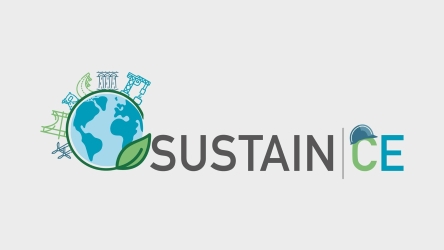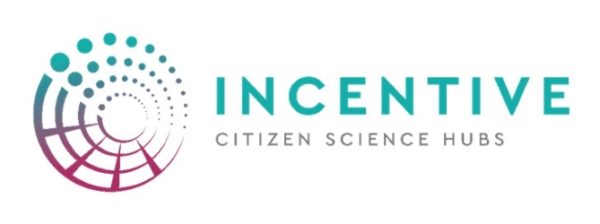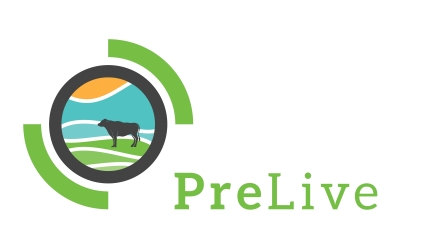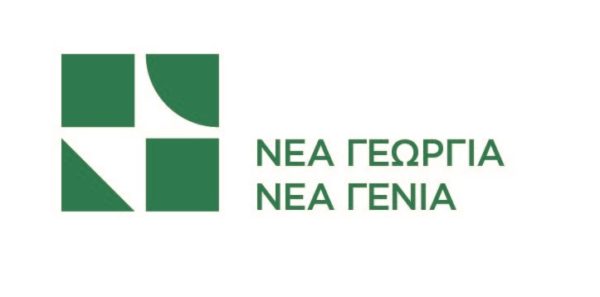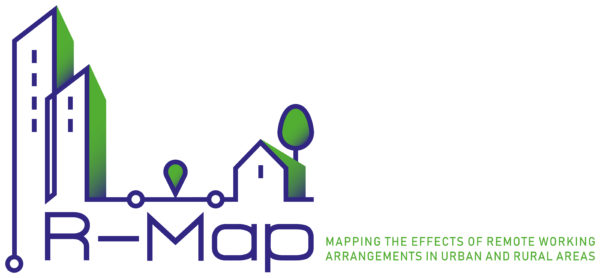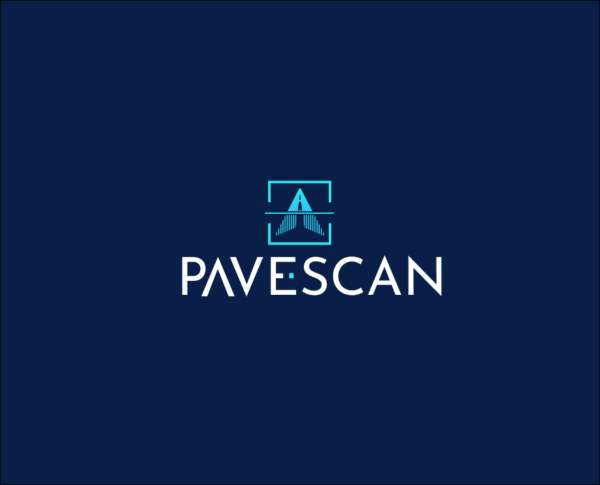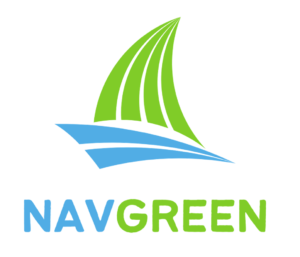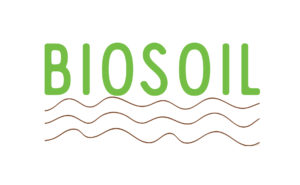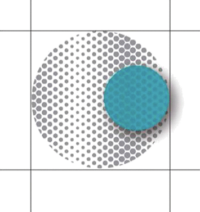Infrastructure is the backbone of sustainable development and forms much of the foundation for quality of life. However, it consumes vast material resources and energy. Hence, educating today’s prospective engineers, who will design, construct, and maintain these systems for the next 50 or more years, with the awareness and knowledge of sustainable infrastructure design is critical in achieving a sustainable quality of life for generations to come. Civil engineering covers a wide range of disciplines that incorporates infrastructures: construction, environmental, geotechnical, water resources, structural and transportation engineering. Therefore, it is imperative civil engineering undergraduate students get accustomed to concepts and principles needed to meet the requirements of sustainability in civil engineering projects. As a response, SUSTAIN-CE project will attempt to enrich the contemporary civil engineering undergraduate programs’ curricula, which are mainly focused on regulations, standards, codes and safety and serviceability of infrastructure systems, by incorporating sustainability, resilience and circular economy concepts in various stages of the design courses. The partners will co-create a new innovative undergraduate civil engineering curriculum that covers sustainable infrastructure design to ensure graduates have the ability to apply concepts and principles of sustainable design (SD) and circular economy (CE) in the design and construction of civil engineering projects.
SUSTAIN-CE’s partnership comprises of three Higher Education Institutes (HEI), Yasar University and Izmir Institute of Technology, from Turkey and Aristoteles University of Thessaloniki and a research institute, South-East European Research Centre, from Greece, representing Academia, and an international consulting group on engineering, ISQ, from Portugal and a construction company, FOLKART, from Turkey, representing industry, in an effort to combine insights of the industry-academia collaboration, on the SD/CE concepts.
A co-creation quadruple-helix methodology will be used to achieve the objectives of SUSTAIN-CE. The quadruple helix target group of SUSTAIN-CE includes universities, students, municipalities, ministries, governorates, regulators, contractors, designers, professionals, construction material producers and the chambers of professions. After identifying a number of best practices of cutting edge open innovation based quadruple helix co-creation mechanisms, a co-creation methodology will be developed. A skills matrix survey will be conducted to identify the skills gap between the quadruple helix stakeholders’ needs and employee skills related to SD/CE. Focus groups will be formed to elaborate on the results of the skills matrix surveys and a blueprint for the design of the curricula will be developed. Based on the skills gap analysis and benchmarking results, the Focus Groups will agree on a list of specific thematics (such as structural engineering, transportation engineering, etc.) in the main-curriculum areas for intervention. The academic partners will then perform an in-depth analysis on the curriculum content on the selected thematics and will identify the level of the inclusion of SD/CE concepts in the existing design courses. The partners will then cocreate the content that will be integrated to the design courses. The developed blueprint will be used in co-creating the relevant content (syllabi, course notes, case studies, etc.) in order to ensure its ECTS compatibility. The general aim in content co-creation will be to fill the existing gaps and infuse SD/CE insights into the existing courses. The partners will also collaborate to develop a new course on sustainability and the main principles of SD/CE. The new curriculum will be tested during three pilot Training Academies in Turkey, Greece and Portugal. A Virtual Learning Environment (VLE) will be developed to provide an open and distance learning platform that delivers the contents of the new designed innovative curriculum. To enable the transferability of the project’s results, guidelines and policy briefings will be developed to encourage other educational institutions and policy makers to adopt SD/CE concepts in their field. Furthermore, in order to engage a broader audience of stakeholders and disseminate project results four multiplier events and a Final Conference will be organized.
The educational approach of SUSTAIN-CE (training academies, co-creation methodology, VLE) will enhance the knowledge and skills of the quadruple helix target group in SD/CE applications in civil engineering and their greater engagement will ensure achieving the project’s long term goals, i.e. increased awareness and knowledge in the general civil engineering community on SD/CE related concepts in civil engineering projects. Thus, the long term benefit of SUSTAIN-CE will be its major impact on the improvement and sustainability of quality of life in Europe.


